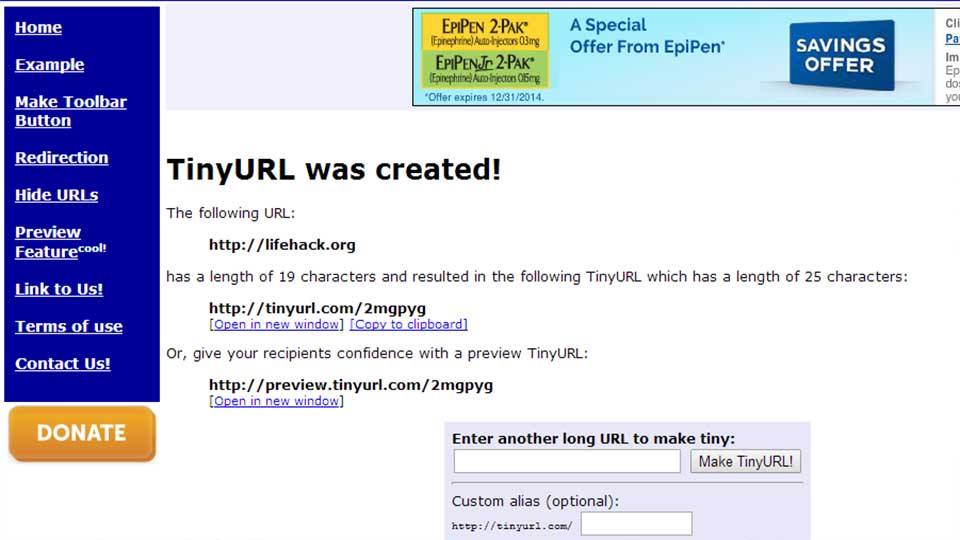


But you can get help to reduce irritation. Conditions like IC can make you feel like you need to pee even after you’ve already gone to the bathroom, and your bladder can hurt a lot.

Drinking enough water helps you feel more comfortable after you eat foods that irritate your bladder.īladder discomfort can be frustrating and even embarrassing. Avoid foods that irritate your bladder, and remember that water is important. But you can take steps to remove irritants from your diet and reduce pain. Living with bladder irritation can be uncomfortable. What can I do if I have bladder pain from foods? (It is best to check with your provider.) Sun tea (herbal, but no blends made with black or green tea).Coffee (acid-free kava) or highly roasted.SOME people with IC are able to eat and drink these foods: If foods irritate your bladder, you may worry about finding enough to eat. What is the outlook for people sensitive to bladder irritation? Through a process of elimination and careful diet, you can find and avoid bothersome foods and drinks. But identifying foods that cause bladder pain can go a long way to helping you feel better. You cannot always avoid bladder discomfort. Can I prevent bladder irritation from foods? Drinking plenty of water will help reduce pain from any bladder-irritating foods you might ingest, in moderation or accidentally. You might be able to enjoy them in moderation (once in a while). But removing foods from your diet doesn’t mean you can never have them again. You can manage discomfort by avoiding foods you have identified as bladder irritants. But a urologist (healthcare specialist who treats urinary system problems) may examine your bladder to diagnose or rule out IC. Lab tests cannot diagnose foods that cause bladder irritation. Repeat food reintroduction slowly to identify your bladder-irritating foods. If irritation returns after reintroducing a food, stop eating it completely. Start with a small amount of one food, increasing the portion size over several days. Once your symptoms are gone, you can begin to add foods in.Remove the foods listed above from your diet for a few days.Keep a food diary to track foods that are and aren’t irritating.To test bladder discomfort by eliminating foods, you can: Your healthcare provider can help you identify bladder-irritating foods. Not all people sensitive to bladder irritants are affected by the same foods.

How are bladder-irritating foods identified?ĭetermining if a food irritates your bladder is a process of elimination. Tea - black or green, regular or decaffeinated, and herbal blends that contain black or green tea.Nuts - hazelnuts (also called filberts), pecans and pistachios.All alcoholic beverages, including champagne.Both common and unusual foods may cause irritation: If you have a bladder condition, such as IC, a variety of foods can irritate your bladder. The bladder collects waste, including remainders of foods and drinks. But if you are running a fever and have chills or pain in your lower back or side, visit your health care provider. IC is an inflammation (swelling) in the wall of the bladder.īladder irritation by itself is not usually an emergency. People with chronic problems like interstitial cystitis (IC) can experience ongoing bladder pain. A urinary tract infection (UTI) can cause short-term (temporary) discomfort and urgency. Sometimes, problems in the urinary tract cause bladder irritation. The need to pee more often (frequency).Ĭould bladder irritation be a sign of disease?.What are the symptoms of bladder irritation?īladder irritation causes physical symptoms related to urination: When it becomes irritated, you can feel uncomfortable and may become embarrassed by changes to urination (peeing). But the bladder is just like any other organ in your body. Most people pee between six and eight times a day (maybe more if you drink plenty of water). Urine then travels into the bladder, where it collects until you urinate (pee). Urine forms as the kidneys filter waste from your blood. It is made of muscle and is part of the urinary system. The bladder is a balloon-like organ that is tucked away behind in the pelvic bone.


 0 kommentar(er)
0 kommentar(er)
